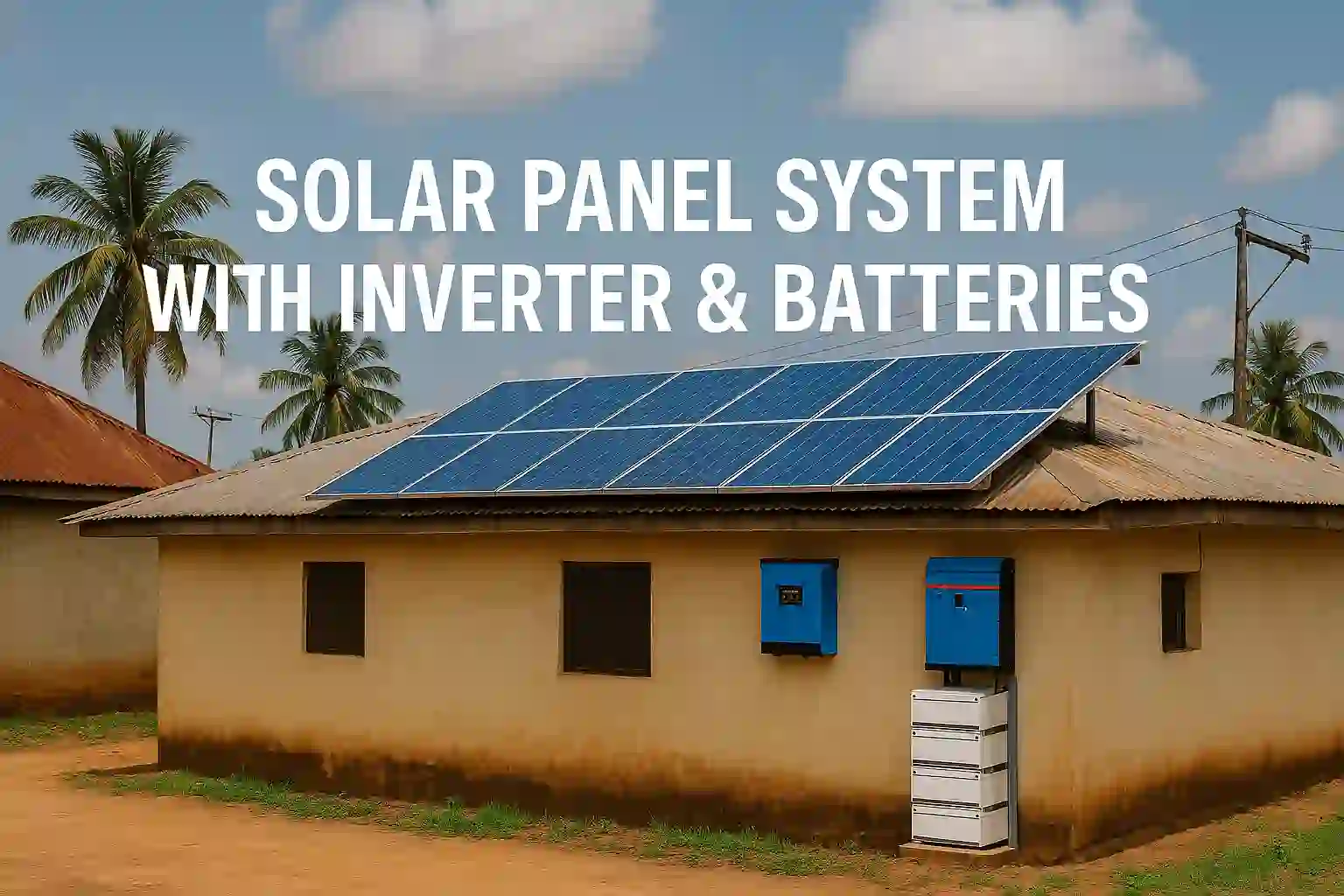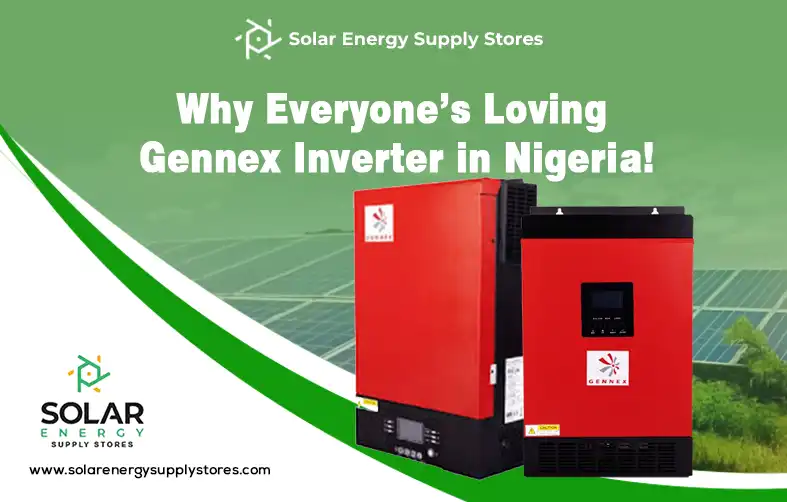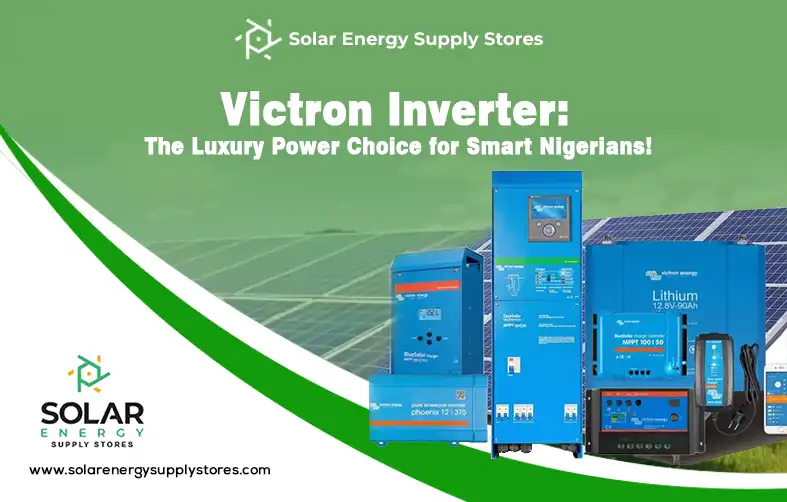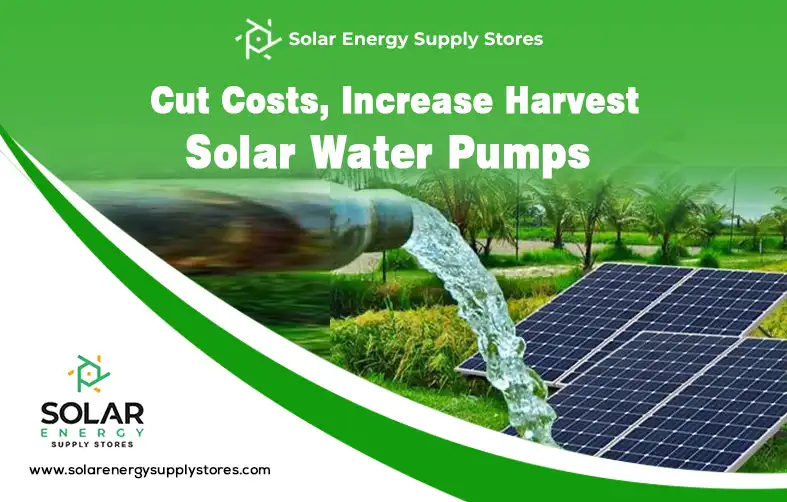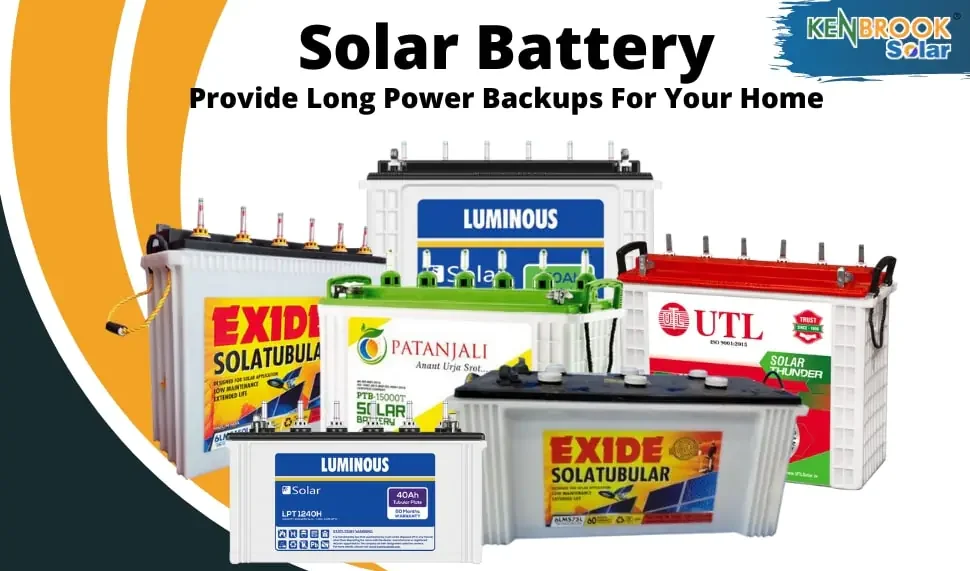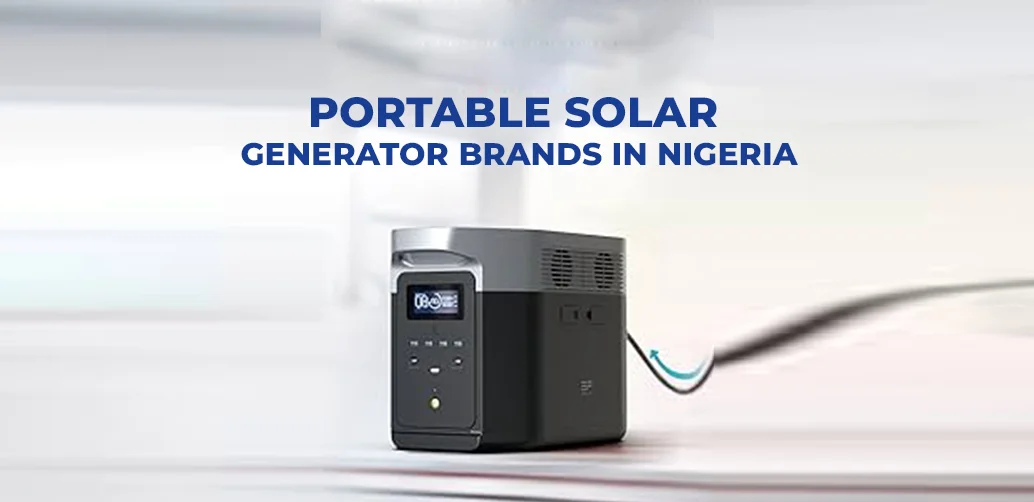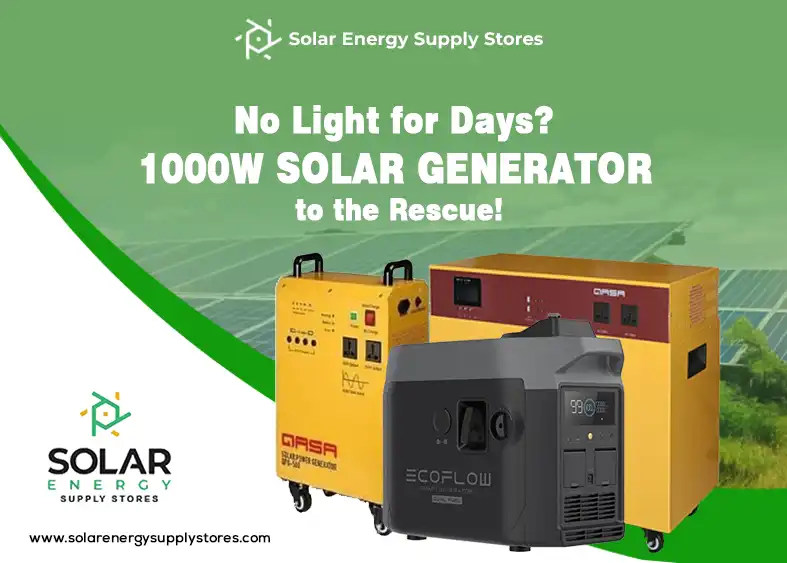No products in the cart.
Solar Security Lights
Solar Security Lights in Nigeria: A Smart and Affordable Way to Secure Your Home What Are Solar Security Lights? Solar security lights are outdoor lighting systems powered by sunlight. During the day, the built-in solar panel charges the battery. At night, the system automatically lights up, often triggered by motion sensors. Insecurity and poor public lighting are growing concerns across many parts of Nigeria. Whether you live in an estate, a rural village, or a commercial area, ensuring outdoor visibility at night is crucial. That’s why solar security lights have become a game-changer—providing reliable lighting, zero electricity costs, and 24/7 protection without depending on NEPA or fuel. This guide explains how solar security lights work, their benefits, types, pricing, and how to choose the best one for your home, office, or business premises. 🔋 Key Components: Benefits of Using Solar Security Lights Benefit Why It Matters ✅ Zero electricity cost 100% powered by the sun—no NEPA, no fuel ✅ Automatic operation Lights turn on at night and off during the day ✅ Improved security Deters burglars and intruders with bright motion-triggered light ✅ Easy installation No wiring, trenching, or electricians needed ✅ Eco-friendly Uses renewable energy, reduces carbon footprint ✅ Low maintenance LED + lithium battery combo lasts years Types of Solar Security Lights in Nigeria 🔦 1. All-in-One Solar Street Light 🔦 2. Wall-Mounted Motion Sensor Lights 🔦 3. Solar Flood Lights 🔦 4. Garden/Pathway Solar Lights Best Solar Security Light Brands in Nigeria (2025) Brand Type Wattage Range Price (₦) Felicity Solar All-in-one street light 60W – 500W ₦25,000 – ₦95,000 AKT Solar Street + Flood light 100W – 1000W ₦20,000 – ₦120,000 Royal Motion sensor wall light 60W – 120W ₦7,000 – ₦15,000 Generic (China) Pathway/garden light 10W – 30W ₦3,000 – ₦8,000 Sun King Motion wall + flood 60W – 150W ₦12,000 – ₦28,000 Looking to compare more solar street light brands options? Read our guide on the solar street light price in Nigeria to explore the prices of top-performing solar street light brands. Where to Use Solar Security Lights Solar Security Light Prices in Nigeria Wattage Type Motion Sensor? Price Range (₦) 60W Wall-mounted ✅ Yes ₦6,000 – ₦10,000 100W All-in-one Street Light ✅ Yes ₦18,000 – ₦25,000 200W All-in-one ✅ Yes ₦25,000 – ₦35,000 300W Flood/Street ⚠️ Optional ₦35,000 – ₦50,000 500W Heavy-duty Street Light ✅ Yes ₦60,000 – ₦90,000 1000W Super bright floodlight ⚠️ Optional ₦90,000 – ₦120,000 How to Choose the Right Solar Security Light Consideration Why It Matters Brightness (Lumens) Higher lumens = brighter light Wattage Choose 100W+ for outdoor gates and 200W+ for compound use Sensor Range For motion lights, sensor should detect up to 10m away Battery Life Aim for 6–10 hours of full night coverage Installation Height 3–6 meters recommended for street and compound lights Weatherproof Rating Look for IP65 or IP67 to survive rain and dust Installation Tips Where to Buy Solar Security Lights in Nigeria FAQs About Solar Security Lights 1. Can solar lights work during the rainy season? Yes, as long as the panel receives at least 4–5 hours of sunlight, it can still charge enough to operate at night. 2. How long do solar security lights last? Most LED lights last 3–5 years, and lithium batteries can last 2–4 years before needing replacement. 3. Do all solar lights come with motion sensors? No. Some are static (always on at night), while others brighten only when motion is detected. 4. Can I use solar lights indoors? Solar lights are designed for outdoor use, but some smaller models can be adapted for indoor corridors and stairways. 5. Are solar lights waterproof? Yes—look for IP65/IP67 rating which means they’re dust and rain-resistant. Conclusion Solar security lights are a low-cost, high-impact solution for lighting up your property and improving security, without any dependency on grid electricity. Whether you’re lighting a compound, illuminating a storefront, or securing a farm perimeter, these lights offer peace of mind, all night long. Investing in solar lights not only saves you money, but also helps build a safer, greener Nigeria.




